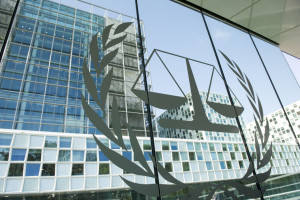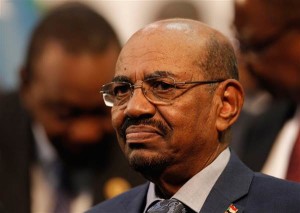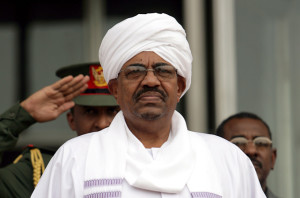 South Africa has formally begun the process of withdrawing from the International Criminal Court (ICC).
South Africa has formally begun the process of withdrawing from the International Criminal Court (ICC).
The Rome Statute, under which the ICC was set up, requires the arrest of heads of state for whom a warrant was issued.
The country’s Minister of justice, Michael Masutha, said that South Africa was “hindered” by certain parts of the Rome Statute, primarily the one that “compels South Africa to arrest persons who may enjoy diplomatic immunity under customary international law, who are wanted by the ICC for genocide, crimes against humanity, war crimes, to surrender such persons to the International Criminal Court.”
He said that South Africa wishes to give effect to the rule of customary international law which recognises the diplomatic immunity of heads of state and that the Rome Statute is ”in conflict and inconsistent” with such rule.
Last year, a South African court criticised the government for refusing to arrest Sudan’s President Omar al-Bashir.
Mr Bashir is wanted by the ICC on charges of genocide, war crimes and crimes against humanity over the conflict in the Darfur region.
Mr Bashir was attending an African Union summit in Johannesburg, when the South African government ignored an ICC request to arrest him.
Human Rights Watch has criticised South Africa’s decision.
“South Africa’s proposed withdrawal from the International Criminal Court shows startling disregard for justice from a country long seen as a global leader on accountability for victims of the gravest crimes,” said Dewa Mavhinga, the NGO’s Africa division senior researcher.
“It’s important both for South Africa and the region that this runaway train be slowed down and South Africa’s hard-won legacy of standing with victims of mass atrocities be restored,” Mr Mavhinga said.
A written notice of South Africa’s intention was submitted to the UN secretary general. The withdrawal from the ICC will be formalized one year after the notification. During the 12 months’ notice period, South Africa will remain under the Rome Statute.


